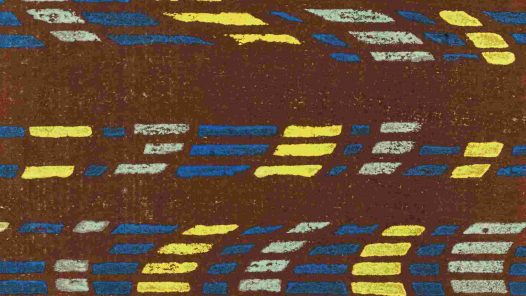Tom in Washington, D.C., says his Airbnb host misunderstood his comment about the host’s crack team of helpers. He was using crack as a compliment, in the same way that a crack shot has good aim with a rifle, and a crack regiment of an army is...
Language is always evolving, and that’s also true for American Sign Language. A century ago, the sign for “telephone” was one fist below your mouth and the other at your ear, as if you’re holding an old-fashioned candlestick...
Lanessa in San Antonio, Texas, remembers once when her Tennessee-born grandmother saw her grandfather coming home from work and tromping into her pristine kitchen: “What in the tarnation? You don’t have any gumption! Don’t come...
Theresa in Lyman, South Carolina, says her mother has long used the word quare to describe someone who is “odd” or “set in their ways” or otherwise “peculiar,” as in They’re the quarest people I’ve...
The editors of the Oxford English Dictionary recently added several Irish English terms. One of them is segotia, which means “friend.” There’s an entry for this word, also spelled segocia, in Grant’s own book, The Official...
The Irish English word bockety describes someone who has difficulty walking, or something that’s fallen into a state of disrepair, as in my bockety old chair. This is part of a complete episode.







